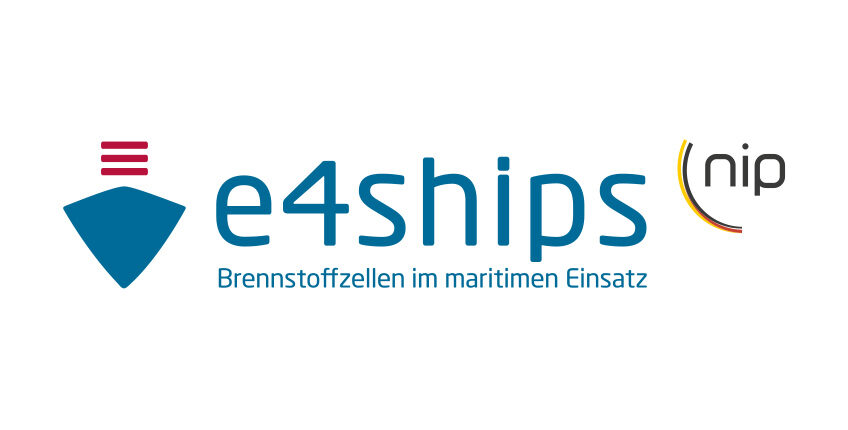After more than ten years of development work, the International Maritime Organisation (IMO) has adopted safety regulations for the approval of ships with fuel cell drives, which will come into force in May 2022 following adoption by the Maritime Safety Committee.
The “Guidelines for the safety of ships using fuel cell power installations” will determine the framework conditions for the broad application of fuel cells in commercial shipping, in order to be able to make emission-free ships a reality with efficient energy converters and climate-neutral fuels, and to facilitate a successful market ramp-up of fuel cell systems in the maritime sector.
In Germany, innovative energy supply systems are being developed in the joint research project: ‘e4ships – fuel cells in maritime application’ in the framework of the National Innovation Programme for Hydrogen and Fuel Cell Technology (NIP). The resulting research findings and regulatory proposals are being directly incorporated in the development of IMO regulations. This intensive participation by industry in the development of safety standards provides important impetus for establishing innovative fuel cell systems in shipping on an industrial scale and for facilitating the broadening of the range of fuels suitable for fuel cells. The ‘AIDAnova’ is to be retrofitted this year and will then become the world’s first large cruise ship to operate with fuel cells for hotel use. Internationally accepted safety standards are a crucial prerequisite for obtaining the operating permit by the relevant flag state administration.
Kurt-Christoph von Knobelsdorff, Managing Director (Spokesperson) NOW GmbH: “After over 10 years of work, there is now a set of regulations for fuel cells for the IMO. Now the market ramp-up for this clean fuel cell technology can also begin in the shipping sector. As soon as the safety regulations enter into force, using fuel cells on seagoing vessels will be possible. This great achievement is also thanks to the long-term research and development funding under the National Innovation Programme for Hydrogen and Fuel Cell Technology (NIP) of the Federal Ministry of Transport.”
“This is a milestone for energy-efficient ships and alternative energy sources“, explains Dr. Ralf Sören Marquardt, Managing Director of the German Shipbuilding and Ocean Industries Association (Verband für Schiffbau und Meerestechnik e.V. (VSM)) and IMO representative of the European Shipbuilding Association. “The IMO decision comes just in time to bring the marketable innovations of European shipyards and plant manufacturers forward to practical application. This will facilitate competitive advantages and expedite maritime contributions to climate protection and the energy transition.”
About e4ships – Fuel cells in maritime application
In the joint e4ships project, concepts on converting ships to climate- and environmentally-friendly systems in terms of energy supply and shipping propulsion using fuel cells are being developed and tested in operation. The work concentrates on the onboard power supply of cruise ships and special vessels with alternative fuels as well as (hybrid) drives for river cruise ships, ferries and other types of ships in the inland waterway category. Depending on the type of fuel cell or the available infrastructure, the fuels that are used are hydrogen, low-sulphur diesel, LNG or methanol. In addition to technical development work, questions are being clarified about economic efficiency, technical safety standards, market introduction strategies as well as climate protection effects.
Further information:


